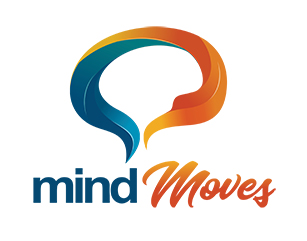Listening – is it a lost art?

I am frequently amazed at how infrequently individuals really listen to one another. I was involved in a conversation with a customer service person recently about a faulty watch I had. I carefully explained what it was doing. It was still working, however it would intermittently stop and when I wound the hands around to correct the time it would start again and then randomly stop. The salesperson very carefully took all of the details down, and wrote down what she thought I’d said, which wasn’t what I’d actually said. Fortunately I had the opportunity to sign the form as I handed my watch over so I carefully added in the explanation that had been left out, including the bit about whether the watch was working (which was marked ‘no’).
This interaction highlighted to me just how often we really truly listen to what we are being told. Businesses rely on their entire team using their listening skills – to prevent accidents and injury, to make changes in processes and operational matters, to communicate with customers and suppliers, to liaise between front line operators and managers, the list is endless. Yet how often are we distracted by what we see going on in the background, our own internal chatter or what we ‘think’ the person should be doing to resolve whatever their issue is?
Many of us are guilty of being attached to our ‘devices’ and frequently flip a look at a phone or iPad during a conversation, check our computer when someone is in our office, answer our phone or simply get distracted by someone or something else in the background. And we potentially leave the person who was talking with us feeling frustrated, unheard and undervalued. Yet – most of us believe that we’re great communicators. Right?
Hmm … so what can we do? Test your listening out and ask for feedback. Next time someone is telling you something, ask them if they felt that you listened to them well. If they answer that you haven’t, check in with them what you could have done better. (And remember the golden rule of feedback … regardless of whether you agree or disagree with the feedback, if you defend or justify your reasons you are effectively shutting down the response from the other person). Remember to thank them for the feedback and then do a self-check – can you improve? And more importantly, do you want to? If the answer is “yes” then take some action and start doing things differently, ideally one little step at a time.
I was thrilled when one of my business clients reported that after working through the reflective listening model that their colleagues responded differently to them at work, and they were also getting great results from their children! Cool! The conversations were richer, more detailed and the children were starting to listen better as well.
Have you lost the art of listening?
by Barbara Jaques
15 September 2016
